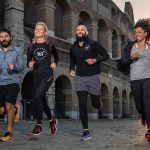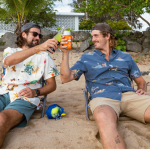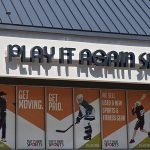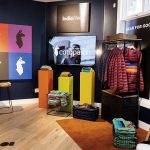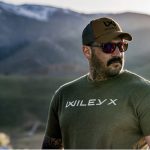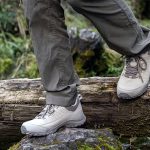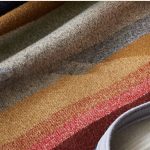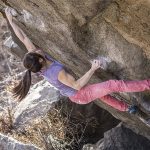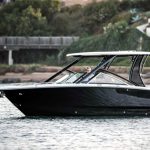Recreational Equipment Inc. (REI) reduced the total number of factories its uses to make its private label products by about 30 percent in the last four years in a bid to create a more sustainable supply chain, the outdoor specialty retailer reported in its 2014 Stewardship Report, which was released last week.
That list included 106 factories in nine countries that make REI apparel and equipment, Novara bicycles and urban and car camping gear under the company's recently launched REI's recently launched Evergrn brand as of April. All but 11 one of the factories are located in Asia.
The report says REI combined its Fair Labor and Product Sustainability teams into a single group in 2014 in an effort to manage labor conditions and environmental impacts more holistically and increase factory remediation and training.
“The co-op is refining and narrowing its factory base to have closer oversight and more leverage to influence positive change,” the report states.
In 2014, the co-op conducted on-site training at 13 of its largest suppliers to bring them up to speed on changes to the REI Factory Code of Conduct, including one section that stipulates its factories maintain and provide to REI upon request honest accurate and complete payroll and employee records. It conducted 31 factory audits using third-party professional auditors to ensure adherence to its Factory Code of Conduct. The audits accounted for 25 percent of REI's factories and 40 percent of its annual production volume.
The co-op also continued to work with the International Labour Organization's (ILO) to monitor conditions at four of six suppliers its uses in southern Vietnam and Indonesia that are eligible to participate in the ILO Better Work Programme.
REI continues to partner with industry groups and other companies to lower the cost of monitoring and training offshore suppliers. In 2014, 10 of its factories received on-site training in social and labor standards established by the Sustainable Apparel Coalition’s Higg Index, which REI helped to create alongside dozens of other outdoor products brands to better manage the impacts of product design, sourcing and marketing decisions.
It partnered with Mountain Equipment Co-Op of Canada and a third-party auditor to provide training to suppliers in southern China. Five Novara bicycle suppliers attended the training, which was designed to increase awareness on health and safety, root cause analysis and industry best practices.
REI intends to integrate Fair Labor into its strategic sourcing decisions more robustly in the near future.
“This will strengthen our focus on environmental health and safety (EHS) as a top priority,” reads the report. “It will also allow us to be more engaged in local multi-stakeholder initiatives.”
In 2015, REI will add two additional positions in Asia to monitor working conditions in the factories it does business with and correct issues and provide training as needed. The company also anticipates adopting supply chain traceability certifications, such as the Responsible Down Standard to ensure that the down used in its products will come from ethically treated ducks and geese.
The co-op will simultaneously continue to press outside brands for 100 percent compliance with its Factory Code of Conduct by sharing its Private Brands factory partner list and through its participation in the Outdoor Industry Association (OIA) Social Responsibility Working Group, the Sustainable Apparel Coalition and the ILO.
Finally, REI will continue to migrate toward using only Bluesign-certified materials in its private label products by 2018. Bluesign certification ensures that materials are manufactured using only the highest quality dyes and finishes, carefully managed throughout the manufacturing process.

